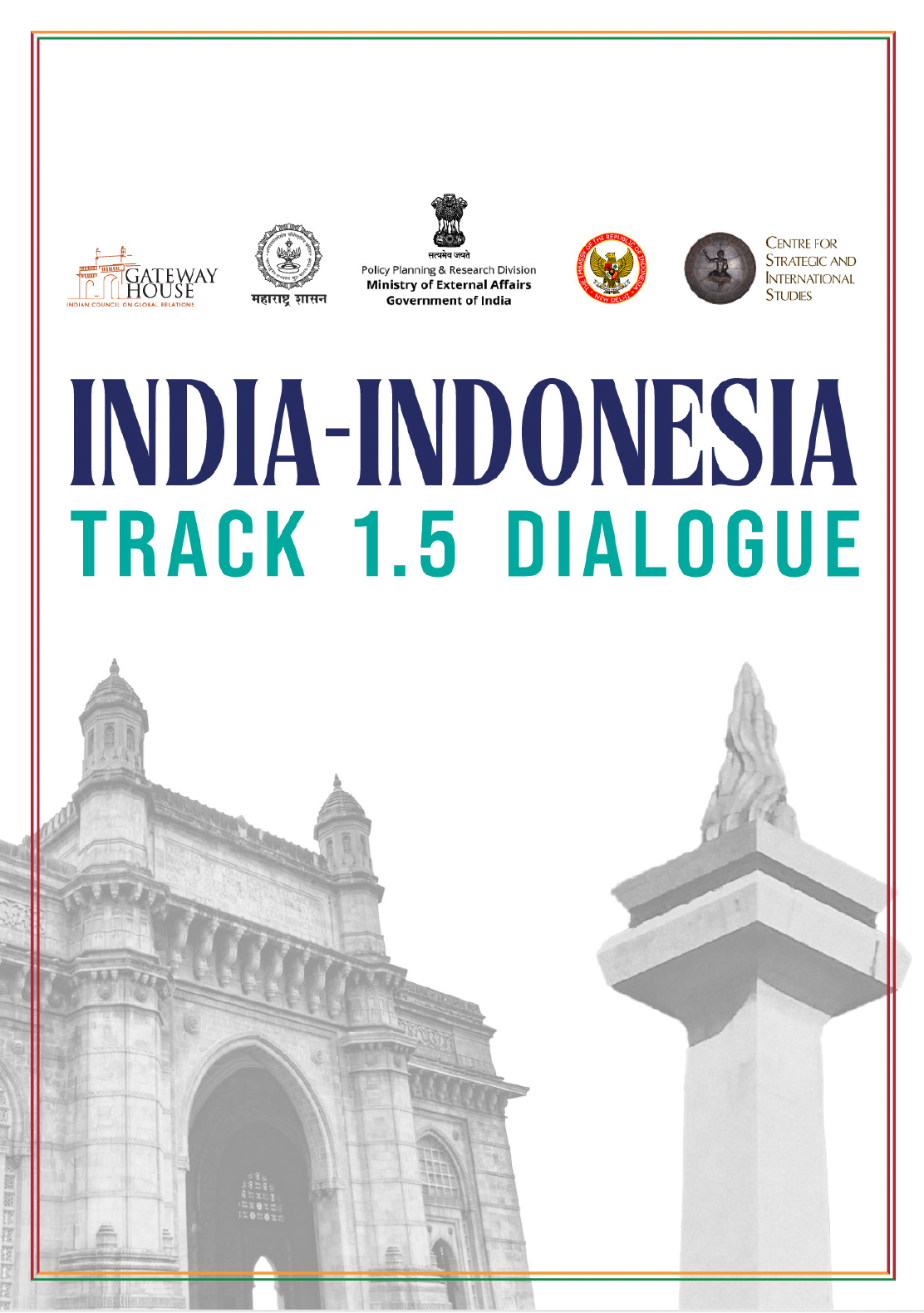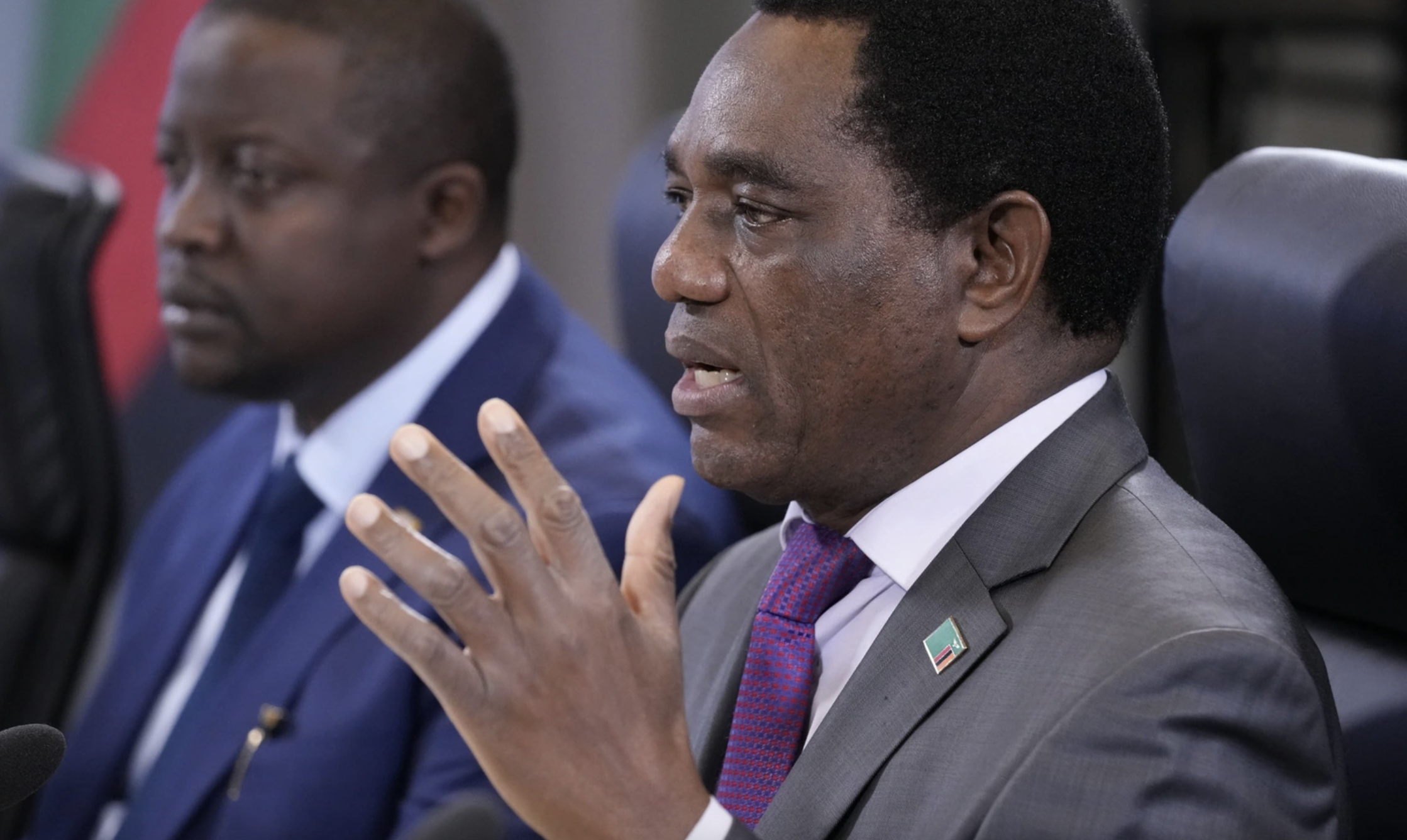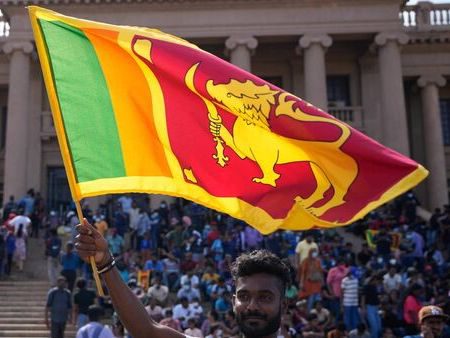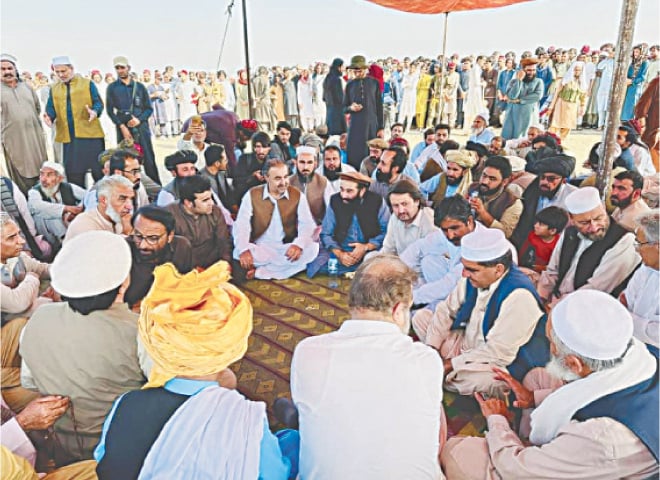Sri Lanka’s leadership trio
Since their swearing-in in September this year, President Anura Kumara Dissanayake’s cabinet of three has been campaigning for long-term economic and political reform. To make these major changes and put Sri Lanka back on the growth path, they will now need to win a majority in the Parliamentary elections to be held on November 14.









